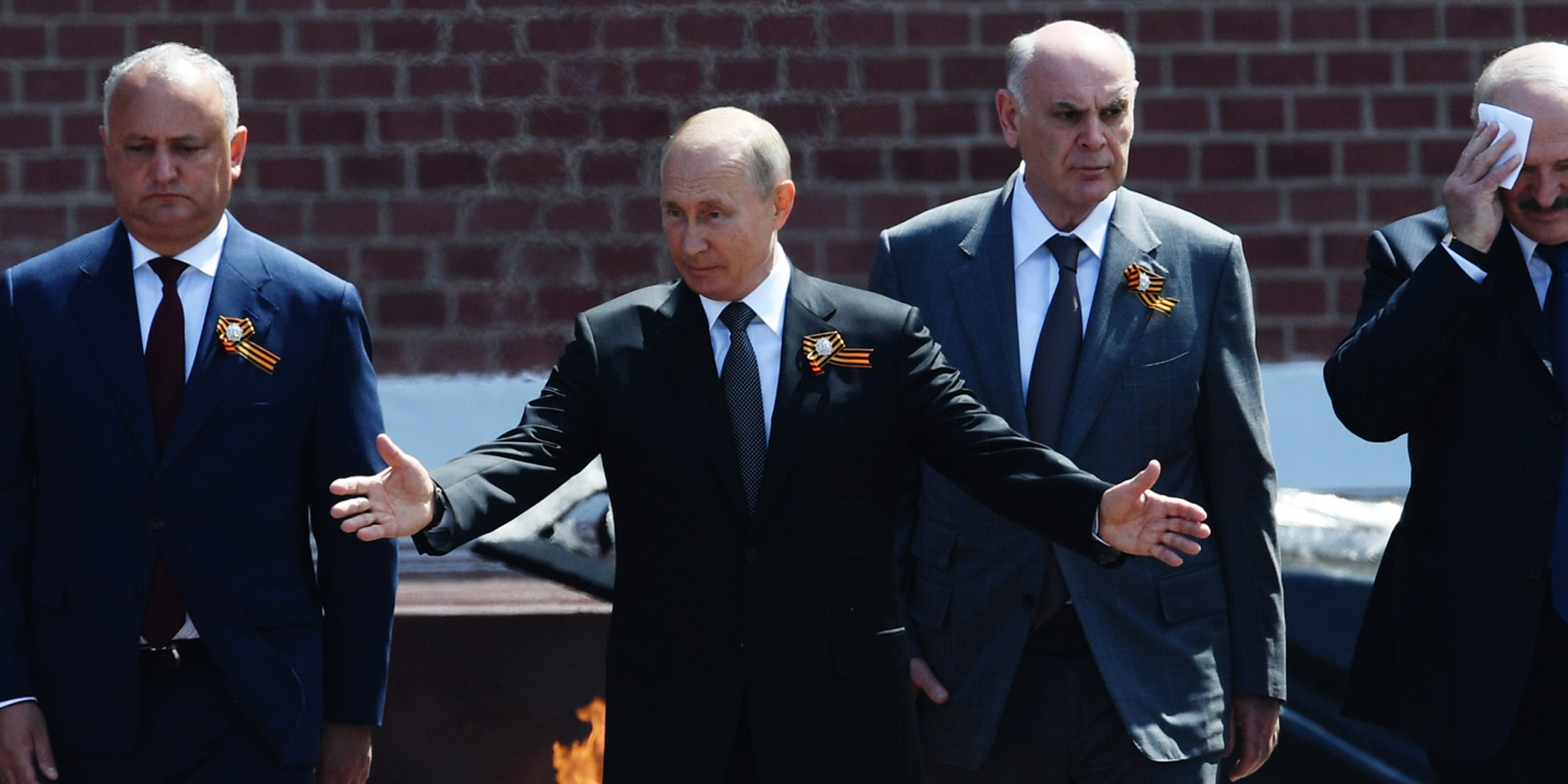DECRYPTION
Russia has been voting since Thursday and until July 1 for a referendum to allow Vladimir Putin to remain in power until 2036, and in the process to enshrine his conservative ideals in the Constitution. This vote challenges for several reasons: it will extend over a week and will be doubled with a raffle which aims to motivate voters to go to the polls. Europe 1 explains this original poll to say the least.
Constitutional referendum to allow Putin to stay in power
The reform wanted by the Russian president would allow him to stay in the Kremlin two more terms, until 2036, the year of his 84 years. According to the rule of law, Vladimir Putin should have withdrawn from the presidency in 2024. Due to the epidemic and the lack of access of discordant voices to the media, the campaign against reform has never taken off. The rallies planned for April did not take place, confinement requires. The official campaign was able to stand.
Politicians have meanwhile stressed the importance of giving Vladimir Putin the opportunity to stay. On Sunday, the Russian leader said on TV that he had not yet decided whether he would stay in the Kremlin after 2024, but that giving him the opportunity was essential. "Otherwise (...) all eyes will be on the quest for potential successors," he said.
>> READ ALSO - Coronavirus: when Vladimir Putin gives a boost to Donald Trump
A popularity in sharp decline
If the validation of the reform is almost acquired (the revised constitution is already on sale in bookstores), it comes when the popularity of Vladimir Putin suffered from a decried reform of pensions and the coronavirus crisis. According to the independent Levada Institute , from May 2018 to May 2020, its approval rate went from 79% to 59%. In addition to the issue of terms of office, the president would strengthen certain prerogatives with this vote, such as the appointment and dismissal of judges. To this would be added an indexation of pensions, the "faith in God" enshrined in the Constitution and marriage as a heterosexual institution. These principles, supposed to unite the Russians, are at the heart of the conservative patriotic value system of the Russian head of state.
In Moscow, the poster campaign on the reform does not mention Vladimir Putin and his mandates, but insists on these societal themes with slogans like "for a guaranteed retirement", or this call to "safeguard family values" .
A week-long vote under close surveillance
The formal date for the "popular consultation" is July 1, but the authorities opened the polling stations on June 25 in order to avoid excessive crowds, due to the coronavirus pandemic. Masks and disinfectant gel are made available to some 110 million voters across 11 Russian time zones. From Vladivostok, in the Far East, to Moscow voters cast the first masked and gloved ballots. In many cities, tables and urns have been set up officially in the open to minimize the risk of infection, sparking online mockery and fueling accusations of falsification of the opposition at these makeshift polling stations.
In the Primorye region of the Far East, a mobile polling station even collected votes from residents in an urn placed in the trunk of a car, authorities admitted. Other images relayed by the opponent Alexei Navalny show ballot boxes on public benches or in squares.
>> SLIDE SHOW - Twenty years later, diving into Russia from the beginnings of Vladimir Putin
A raffle to "motivate abstainers"
To avoid massive abstention, the election will be doubled by a large raffle that will allow voters to win vouchers, smartphones, cars and even apartments, which is fully assumed by the local authorities. To participate in the game, voters will have to scan a code, which will therefore make it possible to know ... who went to vote or not.
This "incentive" is not entirely anecdotal: Vladimir Putin is seeking twelve more years of power, after already twenty years without sharing at the head of Russia. If he wants to claim a minimum of legitimacy, this referendum must absolutely resemble, for him, a plebiscite.

